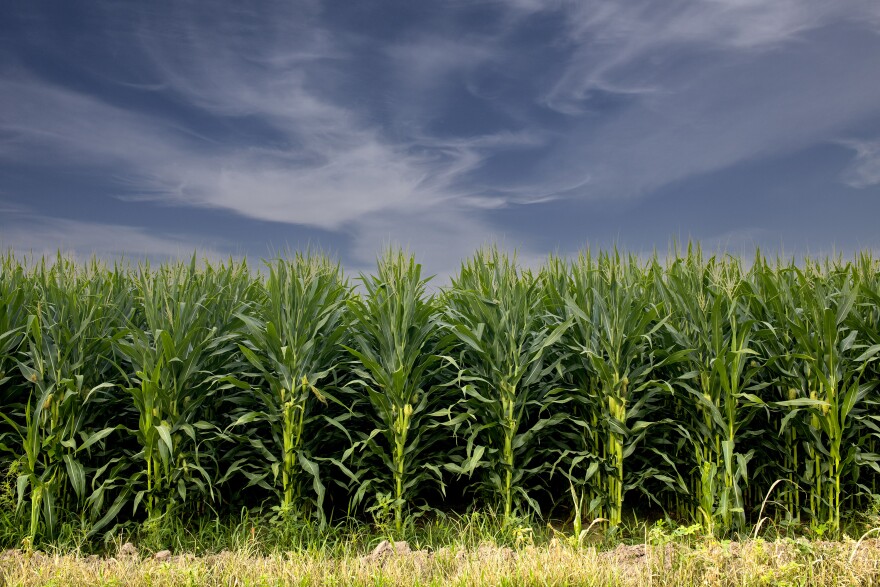While a rainy spring and summer as well as flooding along the Arkansas River has impacted farmers, it has also affected agricultural research in the state. The Agricultural Experiment Station, a part of the The University of Arkansas Division of Agriculture Research and Extension, has several research stations located across the state.
Dr. Nathan Slaton, assistant director of the Agricultural Experiment Station, says while most of those research stations have not been impacted by the flooding of the Arkansas River, the vegetable research station located near Kibler, which is south of Ozark, is currently inaccessible due to road flooding. Slaton said the station itself is fine, but the department did take precautions once they were notified of the possibility of flooding.
"We took measures to evacuate equipment from the station to a nearby farm that was on higher ground should the flooding or the levee have given away," Slaton said. The station experienced weather-related setbacks before the flooding as well, losing its linear irrigation system due to high winds during a storm. However, Slayton says the largest cause of any research delays this season has been due to rain.
"All of our research stations have really endured the same trials and tribulations that our farmers have in regards to the fact that the frequent and generally excessive rainfall has delayed planting and research establishment across all of our stations," Slaton said. These delays could eventually lead to simply waiting until next year to plant and therefore losing that year of research.
"When you lose one year of a research site, it is a significant loss with respect to time and the information just simply because you can’t repeat that research in September, October, November. You have to wait until the next growing season to implement the treatments and to do it properly," Slaton said. That pushback of research could delay the publishing of papers or any recommendations given to farmers.
"We want to make sure recommendations that are extended to farmers are tested across what we would say, across time and space, meaning we want to have multiple years and environmental conditions," Slaton said. What won’t be delayed is the graduation of graduate and undergraduate students working on some of this research.
As far as any impact flooding may have on any other stations in the future, Slaton says they are keeping an eye on a station located in southeast Arkansas. They are not expecting any flooding to occur, but heavy rains could be just as damaging for research.
"Even though we may not have experienced flooding at this point at some of our locations, there still is the potential for research to be lost or delayed even further with these additional weather events that could come through Arkansas in the near future," Slaton said.



